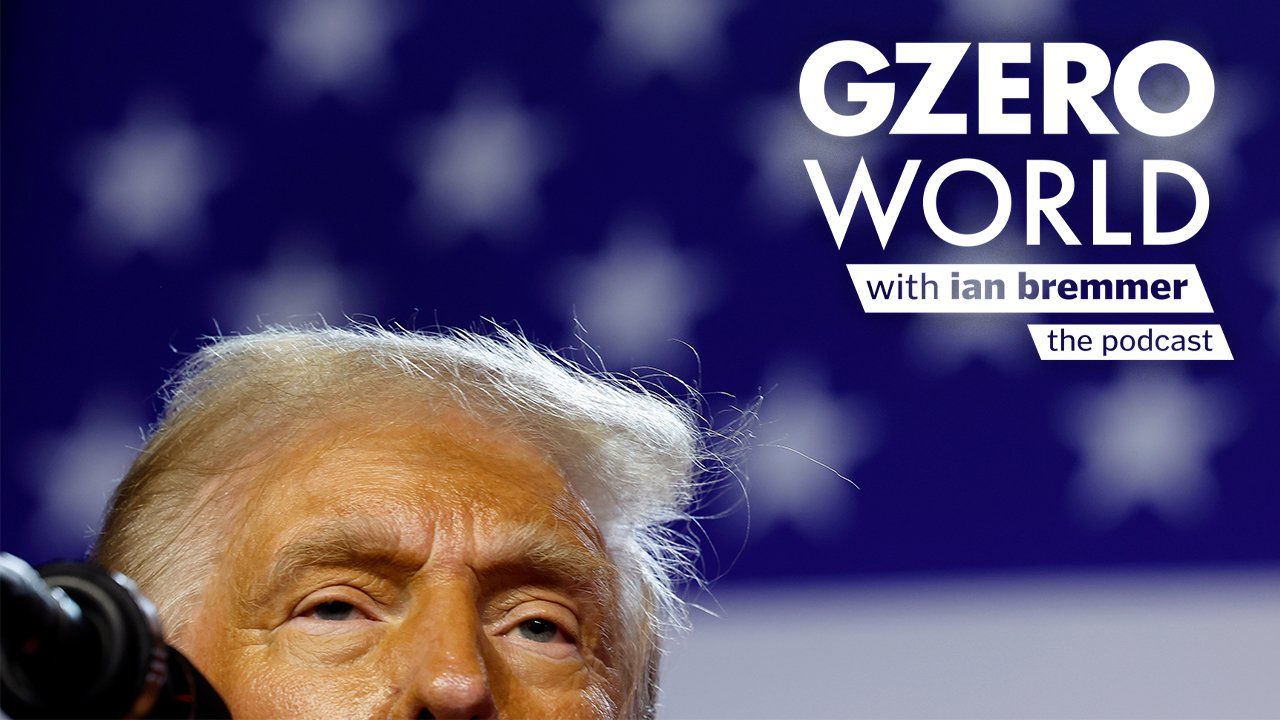Listen: On the GZERO World podcast, Ian Bremmer dives into the far-reaching consequences of Donald Trump’s return to office as he becomes the first president since Grover Cleveland to serve non-consecutive terms. With strong wins across key swing states like Pennsylvania, Trump’s decisive victory reflects widespread voter frustration over issues like inflation and immigration and signals a major shift toward populism and anti-establishment sentiment. Historian Nicole Hemmer notes, “We’re witnessing the acceleration of democratic erosion, where checks and balances may no longer hold,” pointing to the dangers of unchecked power as Trump’s administration begins to take shape.
Joined by Vanderbilt historian Hemmer and Wall Street Journal reporter Molly Ball, Bremmer explores how Trump’s policies and approach could reshape American governance, especially with the GOP in control of the Executive, Senate, and likely the House. Ball highlights the risks involved, saying, “The real test will be whether the barriers that once existed to curb executive power still stand—or if they’re eroded by design.” They also reflect on the Democratic Party’s internal challenges, including how it must find ways to reconnect with working-class voters and navigate its ideological divide between progressive and centrist visions.
Subscribe to the GZERO World Podcast on Apple Podcasts, Spotify, Stitcher, or your preferred podcast platform, to receive new episodes as soon as they're published.
